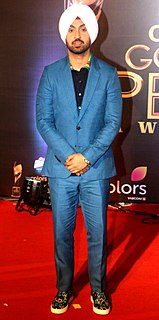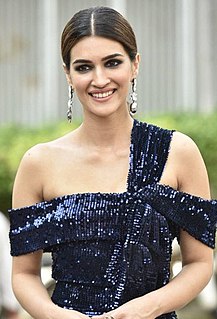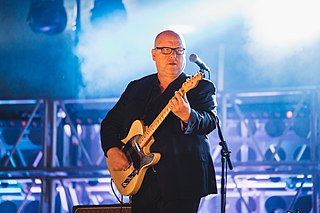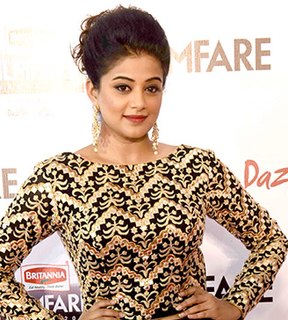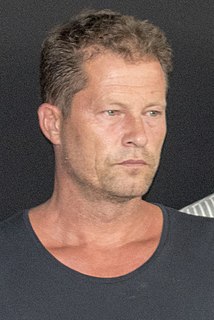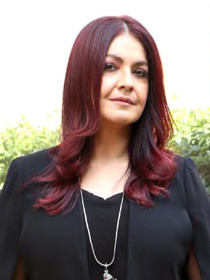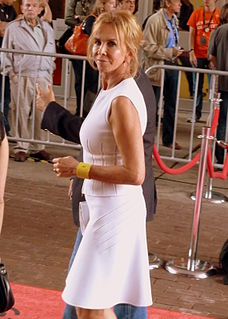A Quote by Sanjay Leela Bhansali
What's life without risks? When I made 'Hum Dil De Chuke Sanam,' everybody said in India you can never have a husband say that I am uniting my wife with her lover. The male audience would reject it, and it is a male audience and hero-oriented industry.
Related Quotes
In ancient times, people weren't just male or female, but one of three types: male/male, male/female, female/female. In other words, each person was made out of the components of two people. Everyone was happy with this arrangement and never really gave it much a thought. But then God took a knife and cut everybody in half, right down the middle. So after that the world was divided just into male and female, the upshot being that people spend their time running around trying to locate their missing other half.
During the years I was on the board of directors of the National Organization for Women in New York City, the most resistant audiences I ever faced in the process of doing corporate workshops on equality in the workplace were not male executives - they were the wives of male executives. As long as her income came from her husband, she was not feeling generous when affirmative action let another woman have a head start vying for her husband's (her) income.

